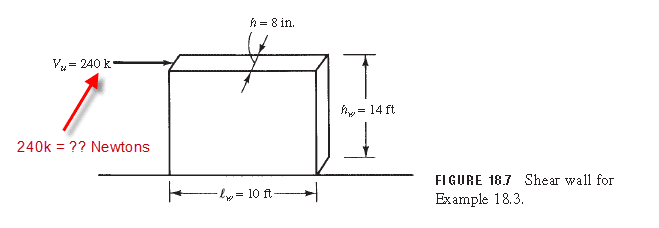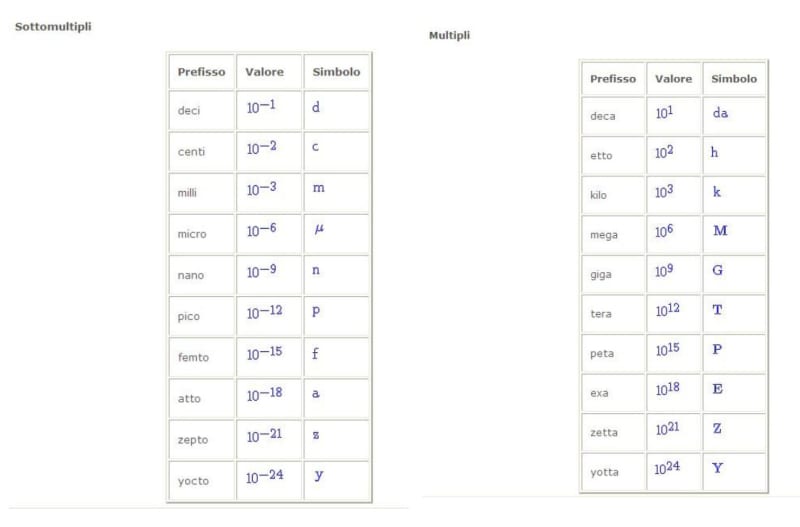espus81
Civil/Environmental
- May 7, 2014
- 2
Hello, probably stupid but cant find a reliable answer on Google.
I`m reading McCormac`s
 on shear walls and i`m wondering how to translate the applied force in the calculation example on the shear wall to Newtons. Please see attached picture.
on shear walls and i`m wondering how to translate the applied force in the calculation example on the shear wall to Newtons. Please see attached picture.
I`m reading McCormac`s


